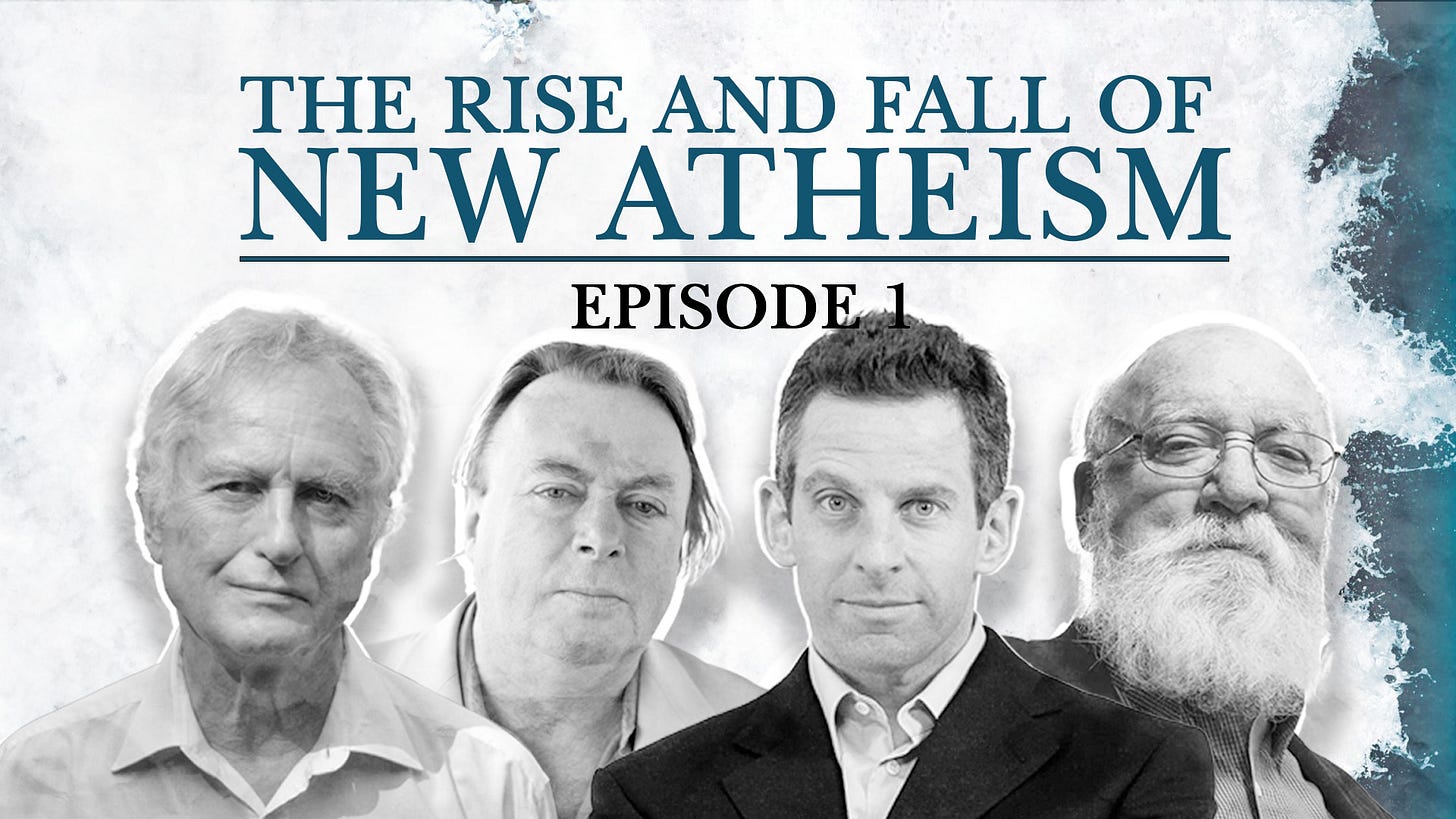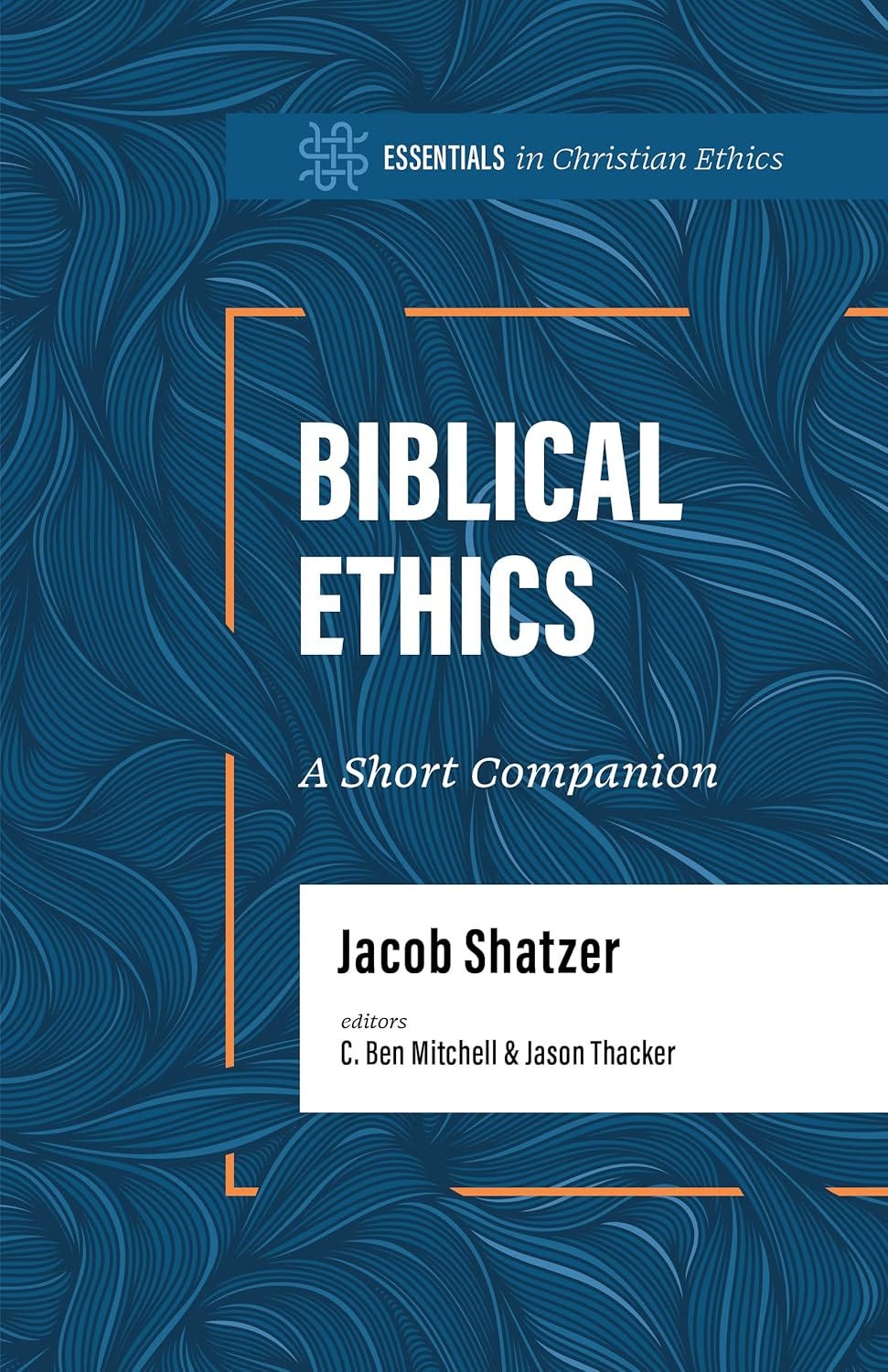To say that science is opposed to religion is a category error, much like saying a hammer is opposed to music. Science is not a belief system (like religion) but a tool—much like a hammer. And, like a hammer, it is designed to be useful in some contexts and not others. It can, in fact, be involved with the creation or performance of music, but only in limited aspects of it, and it is certainly not designed for that purpose.
Science is a methodology designed specifically to gain knowledge of the natural world, and thus part of the scientific method is a widely accepted principle that science is limited to exploration of how the natural world works. Since (by definition) religion is generally concerned with matters outside of what we call the natural world, it is not open to investigation by science.
We often hear atheists proclaim that there is no scientific proof or evidence for God, the soul, heaven, or any other religious claim. This objection makes very little sense, for a variety of reasons. First, science is not in the business of proof in general, which belongs solely to mathematics and logic. I once challenged an atheist to find a single scientific paper, outside of mathematics and logic, that contained the word proof or proven, and he could not.
As for evidence, there are two kinds—strong and weak. The popular saying that extraordinary claims require extraordinary evidence, despite the favor it found with Carl Sagan, is meaningless—it’s not clear what “extraordinary” would mean, and in science, even the most unlikely claims simply require strong evidence to be considered true. For example, the idea that DNA could be the genetic molecule was universally rejected up until the 1940s for what were considered good reasons at the time, and then universally accepted in response to the strong evidence supplied by Watson and Crick in 1953.
But scientific evidence, strong or weak, cannot be applied to phenomena outside the natural world. The problem we face in dealing with many atheistic arguments is that they assume the reality of philosophical naturalism, which posits not only that the natural world is all that science can address (methodological naturalism), but that the natural world is in fact all there is. Underlying the circular reasoning is scientism—the idea that the natural world consists of only those parameters that can be addressed scientifically, and anything that cannot be addressed scientifically isn’t real.
When we say that phenomena such as human consciousness, love, art, and spiritual experiences are something other than components of the natural world, we are told that this is false, and scientistic reductionism is then used to insist that all of the above are actually “nothing more than” the results of natural processes such as neural impulses, genetic or hormonal effects on brain function, and other explanations that supposedly fit perfectly into a materialistic worldview.
And here is where the strict materialism ideology advocated by many atheist apologists collapses—because the claims of that last paragraph are demonstrably false. They are false logically, scientifically, and philosophically. As a trivial example, I once asked an atheist who was a devout proponent of scientism to explain how one can judge the quality of a painting using only the methods of science. He said that was easy. Just find out the price of the painting and compare it to others—the higher the price, the better the painting. That is a pretty good illustration of the use of philosophical naturalism to explain away such things as why beauty exists or why I love my wife the way I do.
Stephen J. Gould famously said that science and religion are two entirely separate magisteria that should not encroach on each other’s domains. But science and faith are both interested in the same thing, the finding of truth about the world, and thus we might assume that if the two disagree, then they cannot both be correct. So how do we respond when atheists point to Christian beliefs that they say are scientifically contradicted and cannot be real?
The first scientists—the originators of the scientific method—and most scientists up until just before the dawn of the 20th century were Christians who believed that God created everything, and they saw the findings of science as showing that the universe is governed by laws given by a divine lawgiver. Scientists like Galileo, Boyle, Faraday, Maxwell, Pasteur, Kelvin, and so many others did not see a contradiction between their science and their faith. Part of the reason is that the great majority of these so-called contradictions are the result of a particular set of beliefs that did not exist in mainstream Christianity before the 20th century. All the precepts of modern-day young-earth creationism came into being with a new (not traditional) style of biblical interpretation that calls itself “literal” (although it is nothing of the sort). I have often had to sit through a long litany by an atheistic debater on how the earth is not 6,000 years old, evolution is true, and so on, only to respond, “I agree, and so do the denominations representing the majority of all Christians in the world.”
The core claims of Christianity are certainly not contradicted by scientific evidence. The basic concept that God created the universe and everything in it was at one time thought to be contradicted by the consensus among scientists that the universe is past eternal, with no beginning. The discovery of the big bang (supported by very strong evidence) showed that the universe indeed had a beginning.
Other examples of so-called “pointers” to the truth of religious claims have been coming to light over the past century. These include the mysterious reality of quantum physics and the role of uncertainty in reality; the fine-tuning of the cosmological and other physical constants allowing for the existence of stars, planets, and life; the origin of what we call life from lifeless chemistry; the nature and origin of human consciousness; the undeniable reality of purpose, agency, and cognition in the simplest of living organisms; and the origin of symbolic information in the form of a genetic code.
What is quite fascinating to me is the reaction of some atheists to these pointers. In some cases, the atheist response has even been to deny the science! I have argued with atheists claiming that the genetic code is not a real code, that fine-tuning is easily explained by Douglas Adams’ puddle analogy (it’s not), that the universe is really past eternal after all, that quantum uncertainty is actually an artifact of experimental methodology, and other nonsense. How refreshing to be able to turn the label of “science denier” back on those who thought only us Christians commit such crimes!
My latest book, Science and Faith in Harmony, discusses many aspects of the compatibility of Christianity with science, and my upcoming book Beyond Evolution: How New Discoveries in the Science of Life Point to God goes into great detail on some aspects of modern biology that are uncovering a treasure trove of new pointers to the reality of divine creation. I am confident that this trend will continue, and that in the end, as God intended all along, the truths that science reveals about our natural world and the reality of Jesus Christ as the personification of all Truth will be seen by all as being in perfect harmony.
— Dr. Sy Garte is a biochemist and has been a professor at New York University, University of Pittsburgh, and Rutgers University. He has authored over two hundred scientific publications and four previous books, and has served as division director at the National Institutes of Health. Sy is also the editor in chief of God and Nature magazine and vice president of the Washington, DC, chapter of the American Scientific Affiliation. He is a lay leader in the United Methodist Church.
Image by WikiImages from Pixabay
[in partnership with]
The Surprising Rebirth of Belief in God
Could the tide of faith be ready to come in again in our generation?
This award-winning long-form documentary podcast presented by Justin Brierley (host of the debate and discussion show Unbelievable? for 17 years) tells the story of why New Atheism grew old and secular thinkers are considering Christianity again.
Featuring interviews with secular and Christian thinkers, this series accompanies Justin’s book The Surprising Rebirth of Belief in God.
The first season comprised 30 episodes (48 hours listening in total!) and the second season begins from March 2025, taking a close look at issues such as whether the rebirth of Christian interest is a “right wing” phenomenon, the increase in Catholic & Orthodox attendance, rebirth within Islam, the music world, AI, current events, new testimonies, and much more!
Visit Justin Brierley’s podcast page to begin listening on your favorite platform!
https://justinbrierley.com/surprisingrebirth/
Biblical Ethics: A Short Companion
Scripture presents a unified story of God’s redemptive history and vision for the Christian life. As such, the biblical canon serves as the foundation for Christian ethics. In Biblical Ethics: A Short Companion, Jacob Shatzer offers a primer in biblical ethics that explores principles and interpretative methods for understanding how the Bible speaks with a unified voice and vision for the Christian life.
Shatzer begins by defining biblical ethics and examining its nature in relation to the broader task of ethical discourse. He then pivots to the text of Scripture, employing a narrative approach to ethics. He gleans insights from both the Old and New Testaments, looking at their context and themes before charting a vision forward towards a biblical ethic. Finally, the volume concludes by considering challenges to biblical ethics and particular ways biblical ethics are embodied and put into practice in the life of the Christian and the church community.
Biblical Ethics: A Short Companion is an essential resource for individuals seeking a comprehensive understanding of the ethical framework presented throughout Scripture. With meticulous analysis and insightful reflections, this book equips readers to navigate the complexities of ethical decision-making and embrace a holistic vision of moral life based on the teachings of the Bible.
“In this helpful book, Jacob Shatzer reminds us that a proper Christian ethic must be tethered to the text of Scripture. By grounding biblical ethics in biblical theology, he demonstrates that the coherence of the former is reinforced by the narrative beats of the latter. Biblical Ethics will be a great foundational resource for pastors and students, as well as a welcome reminder to more seasoned ethicists.”
— Nathan A. Finn, director of the Institute for Transformational Leadership and professor of Christian studies and history, North Greenville University
See our recent excerpt from Biblical Ethics: A Short Companion here.
Find Biblical Ethics: A Short Companion at Amazon, Barnes & Noble, Christianbook.com, and Books-A-Million.
Recommended Resource
We’re excited to share the work of our friend Gavin Ortlund, who runs the fantastic website Truth Unites. Gavin is not only a talented author but also creates deeply engaging and thought-provoking YouTube videos that explore various aspects of apologetics, theology, and church history—such as the one below. Gavin’s content is a treasure trove of wisdom and insight. Check out his videos at his website or his YouTube channel.
Advertise in The Worldview Bulletin
Do you have an educational institution, ministry, book, course, conference, or product you’d like to promote to 7,748 Worldview Bulletin readers? Click here to learn how. We’re currently booking for February-March.
Subscribe to The Worldview Bulletin
The Worldview Bulletin thrives when readers subscribe. We defend the truth, goodness, and beauty of the Christian worldview, equipping believers and challenging non-believers.
For just a short time longer, get a 30% discount on a monthly or annual subscription. Or consider giving a gift subscription to a family member or friend. You’ll receive exclusive content, gain access to our full archive of articles, and support our work of commending and defending the Christian faith.
You can also give a one-time donation of any amount at our new giving site.
Your support helps us do this work and reach more people with the good news that Christianity is rational, relevant, and trustworthy.
“I find The Worldview Bulletin very stimulating and would encourage all thinking Christians to read it.”
— John Lennox, emeritus professor of mathematics, University of Oxford, emeritus fellow in mathematics and philosophy of science, Green Templeton College, author of Cosmic Chemistry: Do God and Science Mix? (Lion)
“The Worldview Bulletin is a must-have resource for everyone who’s committed to spreading and defending the faith. It’s timely, always relevant, frequently eye-opening, and it never fails to encourage, inspire, and equip.”
— Lee Strobel, New York Times bestselling author of more than forty books and founding director of the Lee Strobel Center for Evangelism and Applied Apologetics
“Staffed by a very respected and biblically faithful group of Evangelical scholars, The Worldview Bulletin provides all of us with timely, relevant, and Christian-worldview analysis of, and response to, the tough issues of our day. I love these folks and thank God for their work in this effort.”
— JP Moreland, distinguished professor of philosophy, Talbot School of Theology, Biola University, author of Scientism and Secularism: Learning to Respond to a Dangerous Ideology (Crossway)
“The Worldview Bulletin is a wonderful resource for the church. It’s timely and helpful.” — Sean McDowell, associate professor in the Christian Apologetics program at Talbot School of Theology and author of The Fate of the Apostles: Examining the Martyrdom Accounts of the Closest Followers of Jesus (Routledge)
“I believe that you are at the intersection of philosophy, theology, and culture, addressing the most important issues pertaining to all three. I am fed, challenged, and encouraged by your regular newsletter. Thanks!”
— Bill P.
“The Worldview Bulletin shines a brilliant light of truth in a darkening world. These authors, who are experts in their field, consistently provide logical, rational, moral and most importantly biblical answers in response to the deceitful narratives we are bombarded with daily. I have found it a great source of enlightenment, comfort, and inspiration.”
— B. Shadbolt






“Science is not a belief system (like religion)”
While I agree with your general tack that science and religion are distinct domains (maybe illustrated by “matter” vs. “spirit”), I think amplification on a couple of minor points may be worthwhile.
Religion is not really (merely) a belief system either. Religion is a matter of contact with the Divine; beliefs are the intellectual echoes of that contact. It’s entirely possible to have religious experience precede the formation of beliefs.
Real religion can survive in the face of the discovery of errors of belief, since the experience of knowing God, to those who know God, transcends the mere intellectual — it is an irrefutable and unshakable spiritual reality. In science and mathematics, the collapse of a postulate or assumption is catastrophic to the theory. But to one who truly knows God, there is no un-knowing, no intellectual sophistry that can cause the knower not to know what he has experienced. That’s the essence and the source of the liberty that genuine faith confers.
And don’t forget that science is founded on belief: the beliefs that the universe is comprehensible and that antecedent causation allows physical phenomena to be predicted, for starters.
Also I might suggest a distinction, if I may: science is the pursuit not of truth but of fact. Jesus said “truth will set you free”. Those who look to fact for spiritual liberation are bound to be disappointed, but those who “see”, who truly “get”, what Jesus meant are freed from the bonds of mere material existence and into the real liberty of Sonship with God. Truth and fact are different: fact is cold, hard and dead; truth is warm, vibrant, and alive. Both are real, but only one yields salvation.
Macro Evolution is in fact not true and most denominations that have official statements accepting the theory are liberal and have women as pastors. Just drop the whole evolution thing, we are way past believing evolution is true. You don't need to ascend to that just so you can have clout with the world.